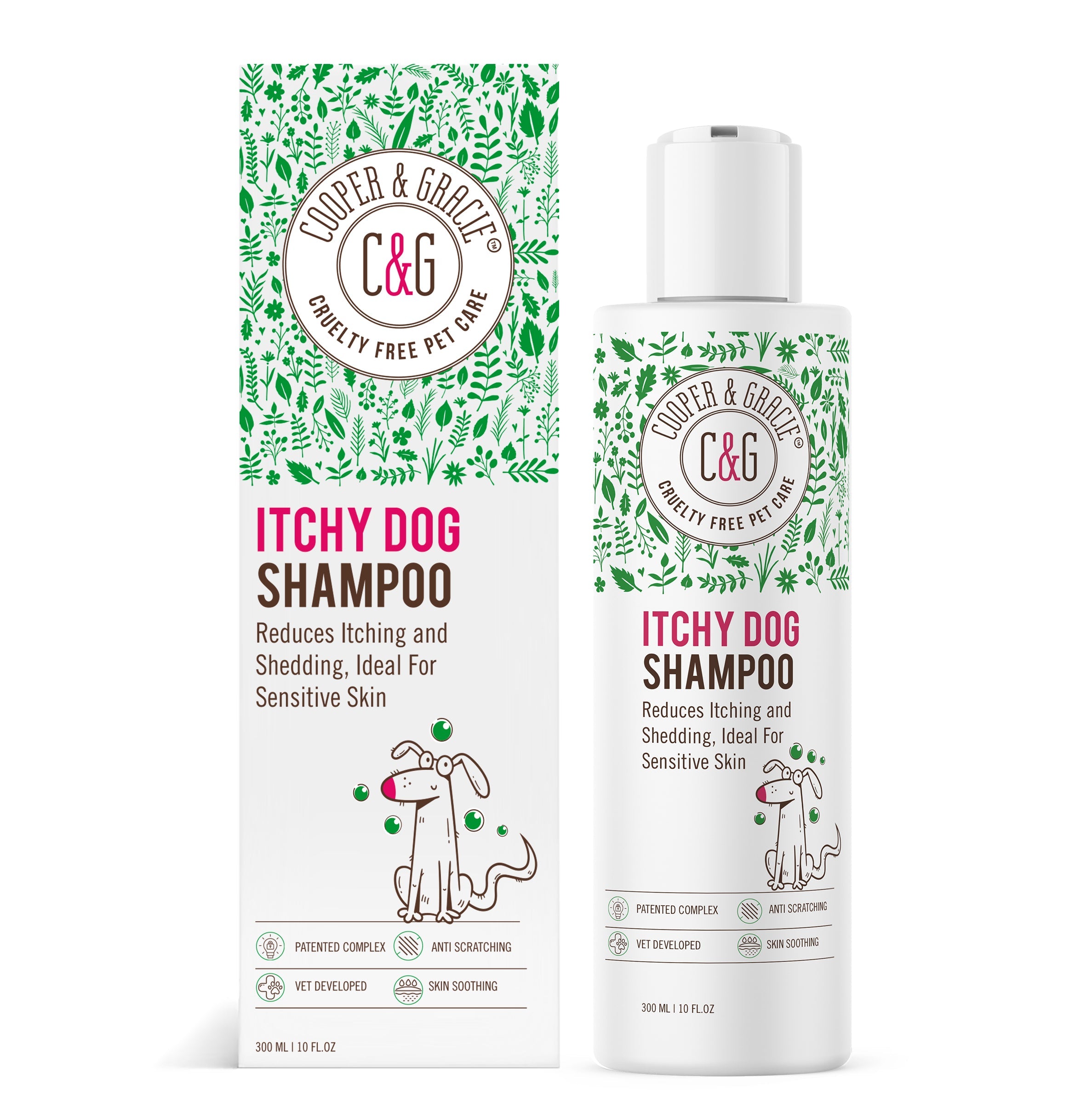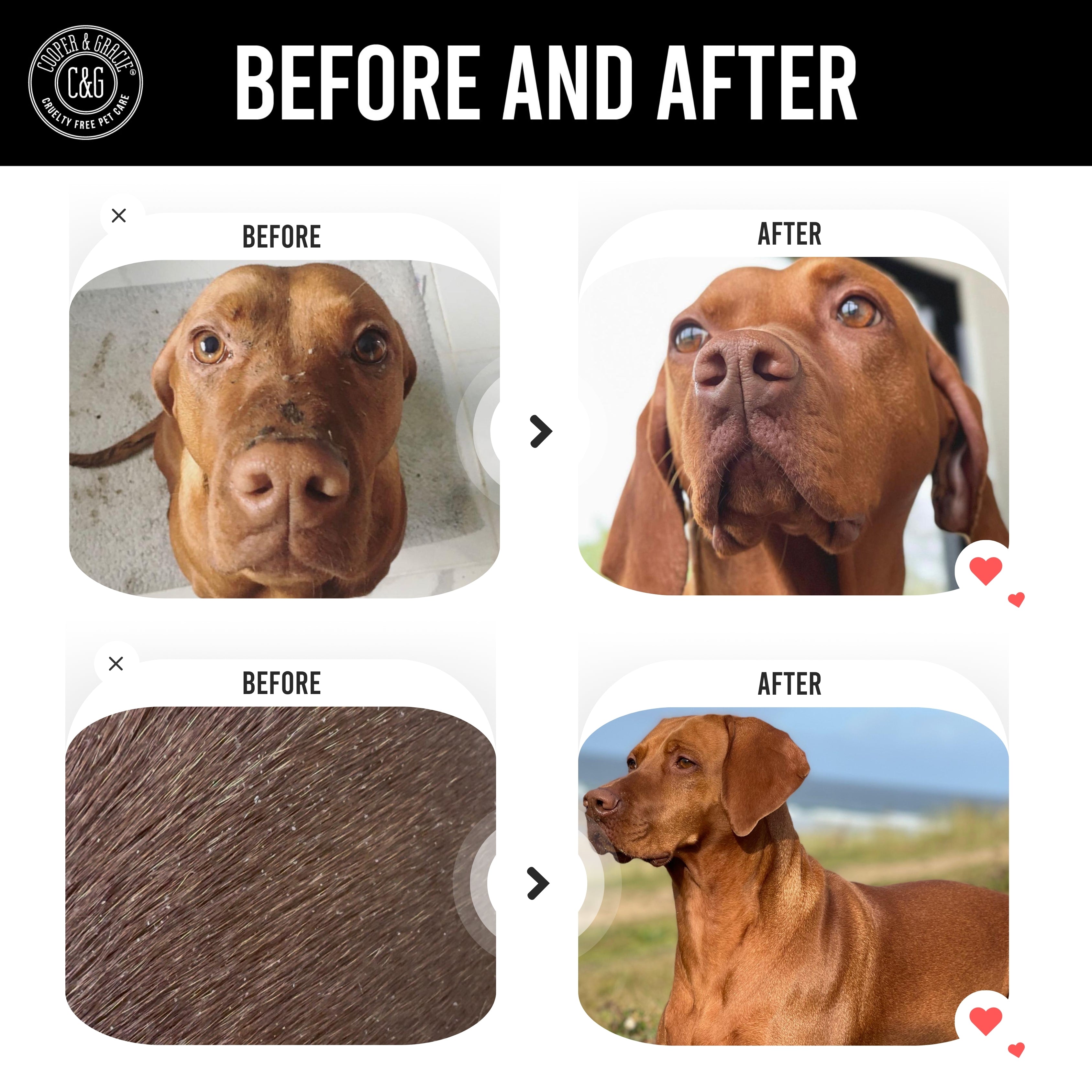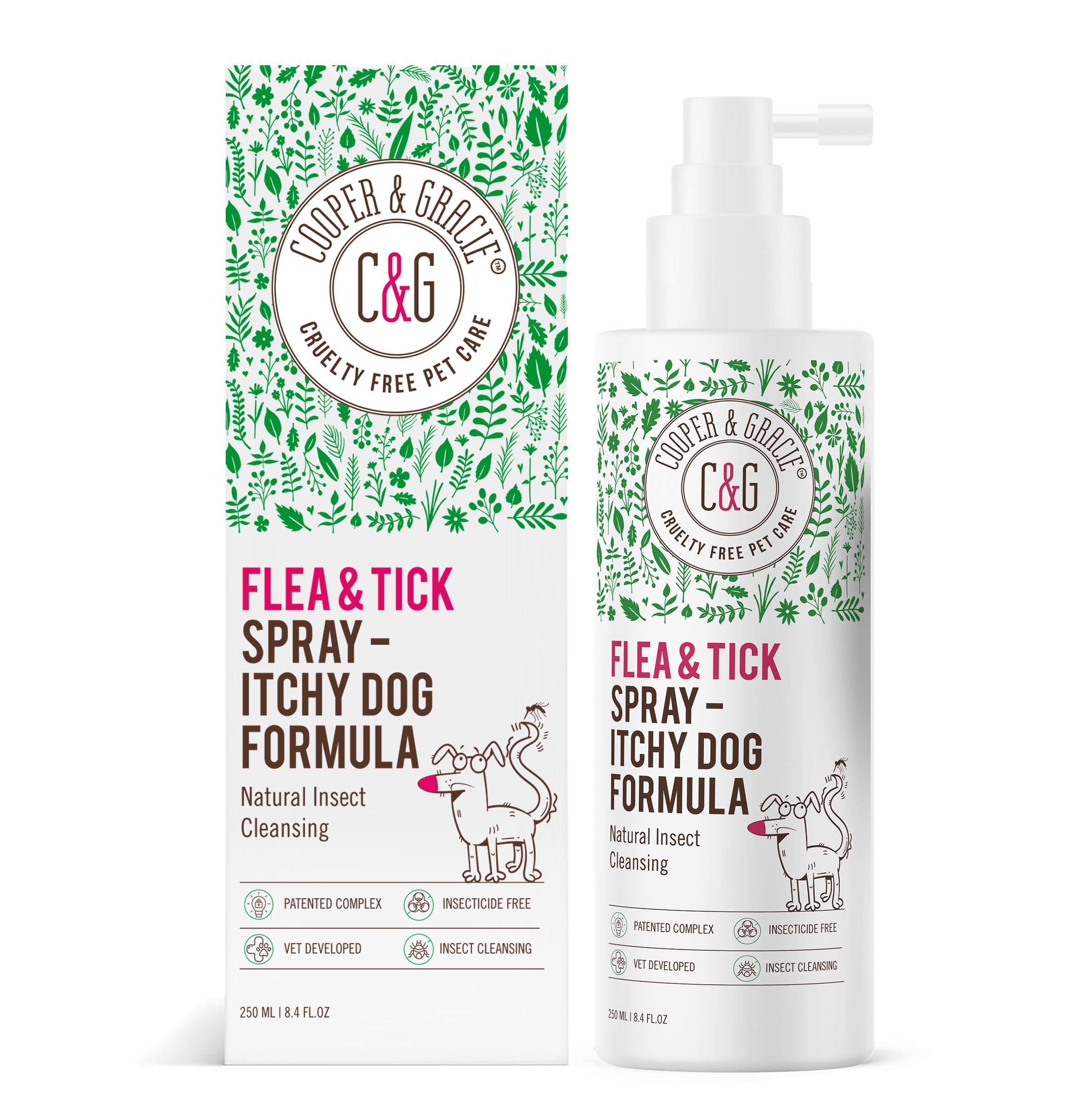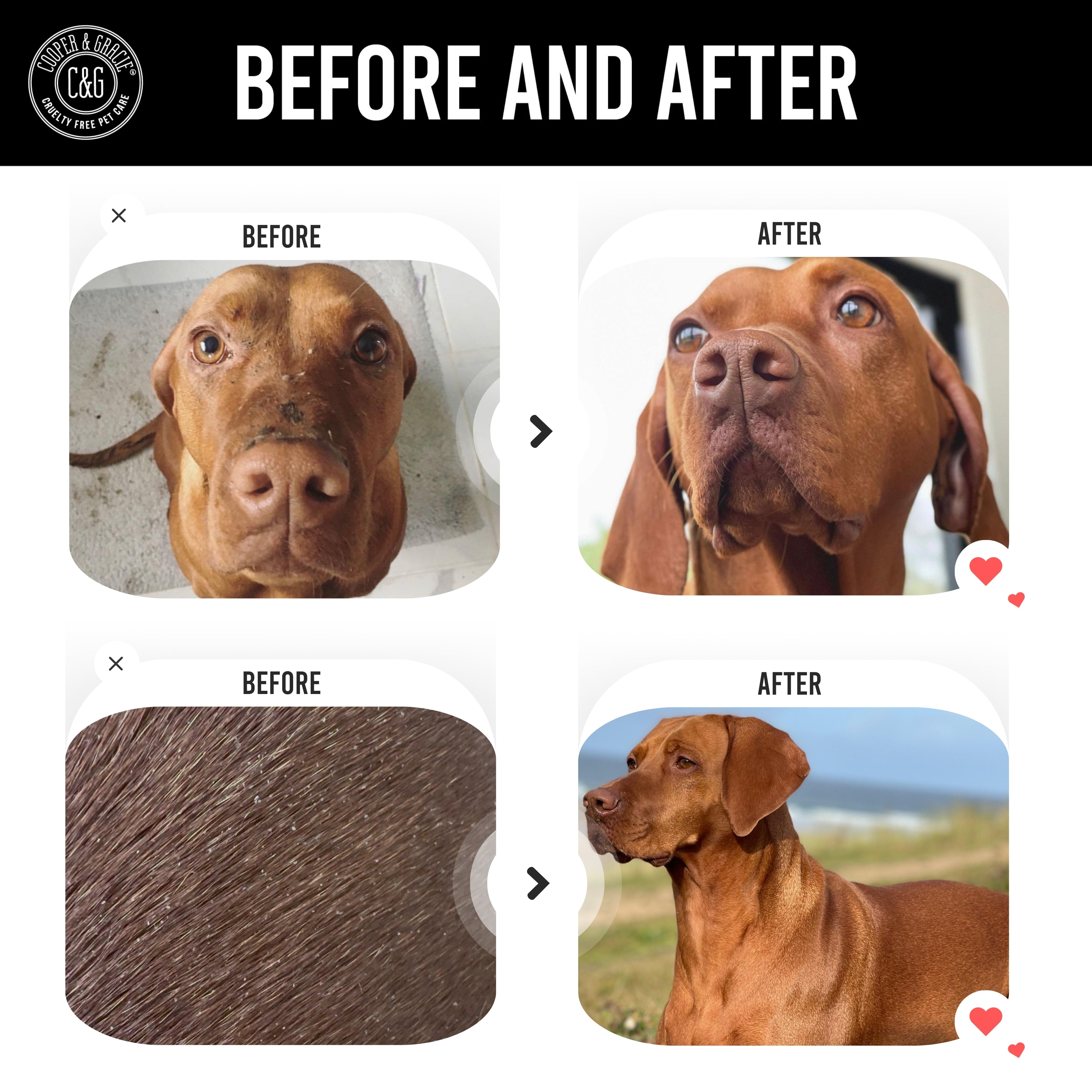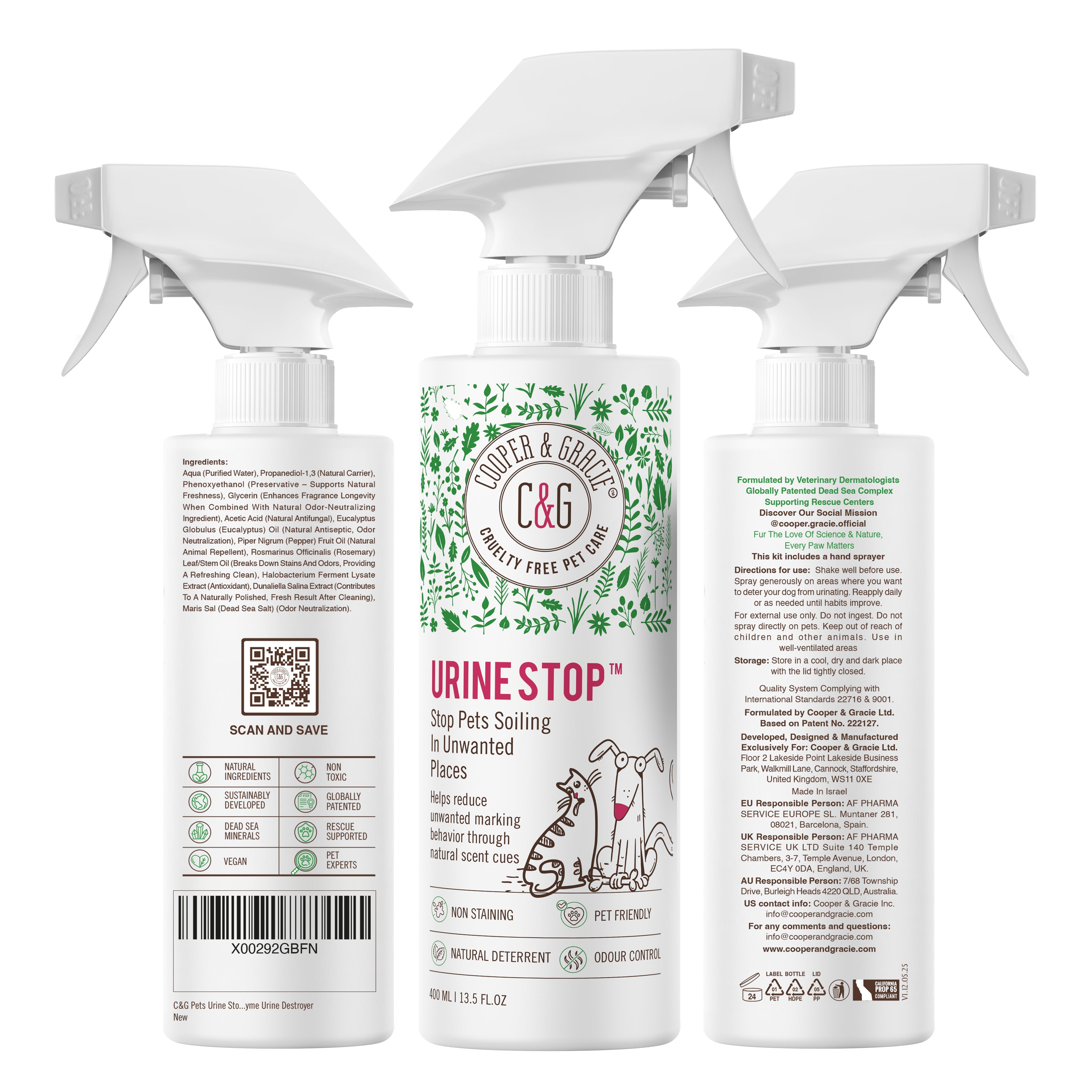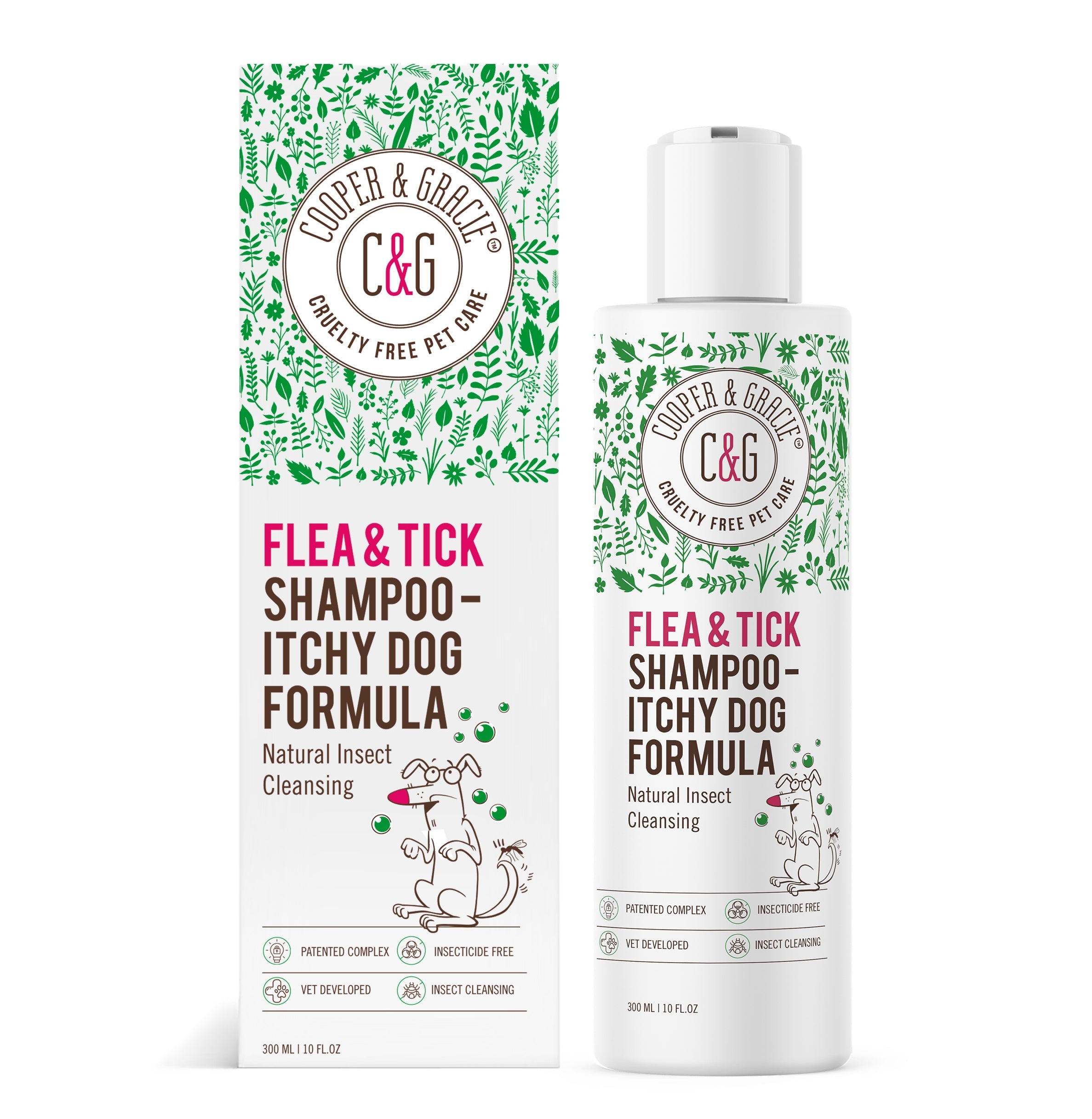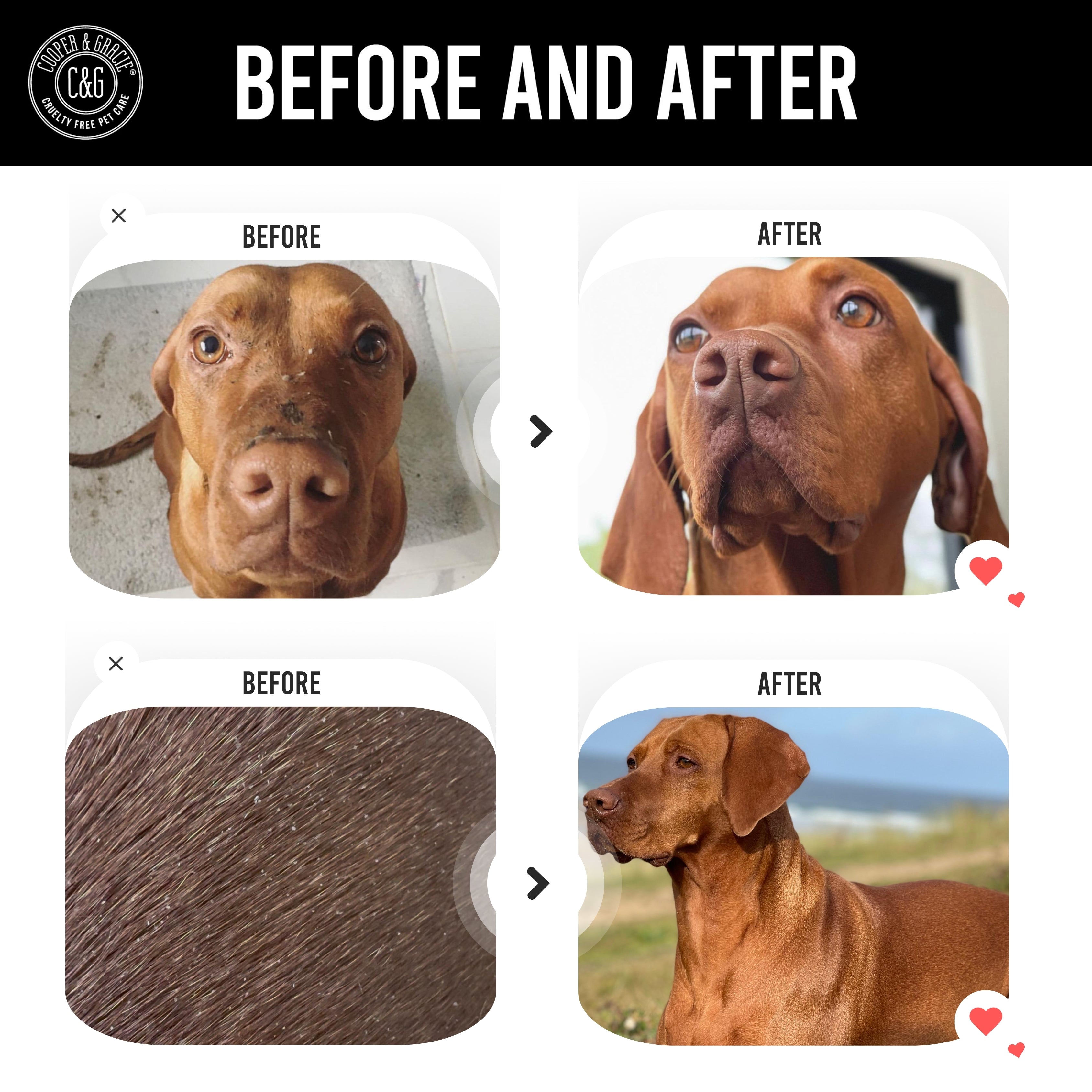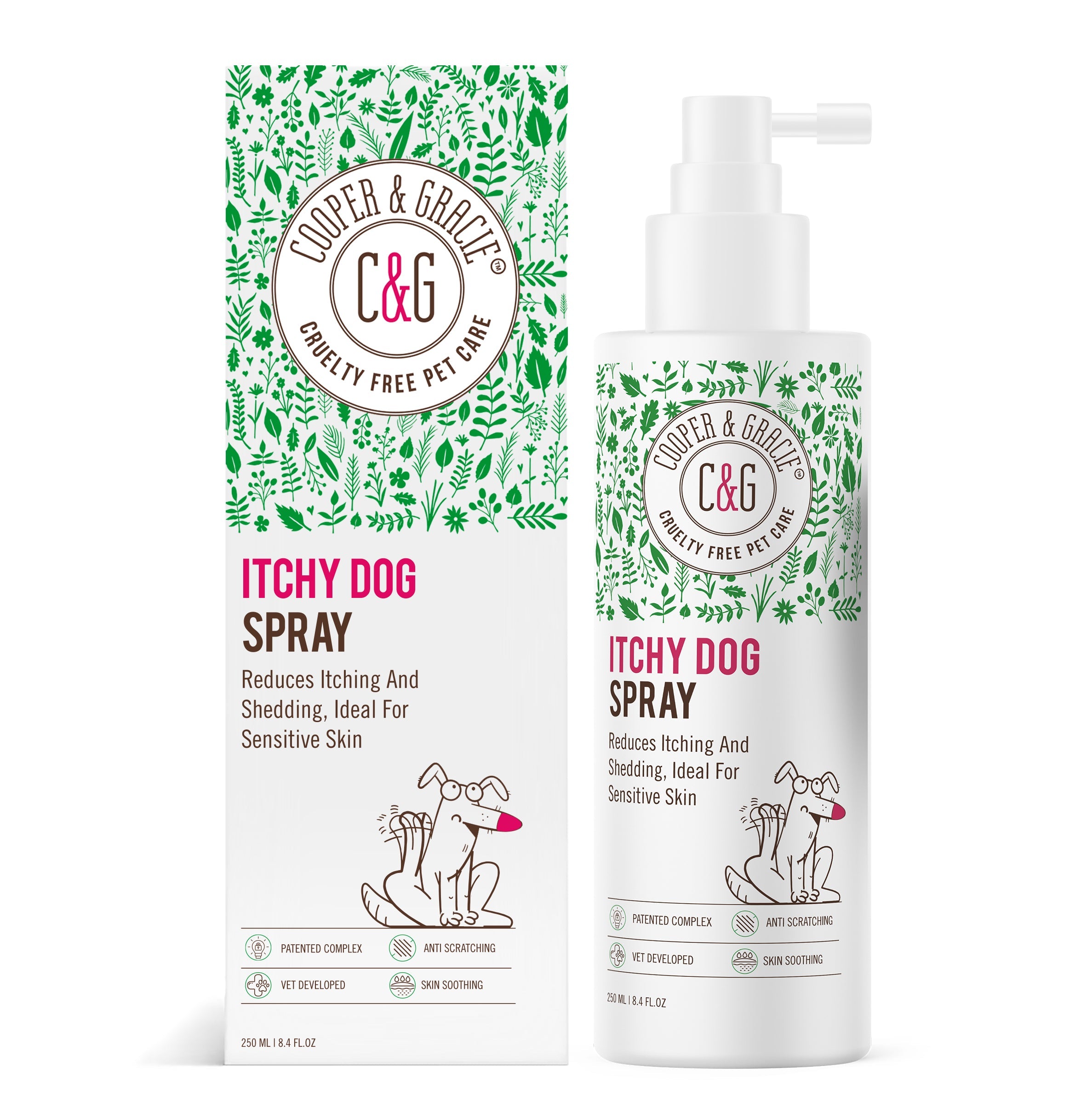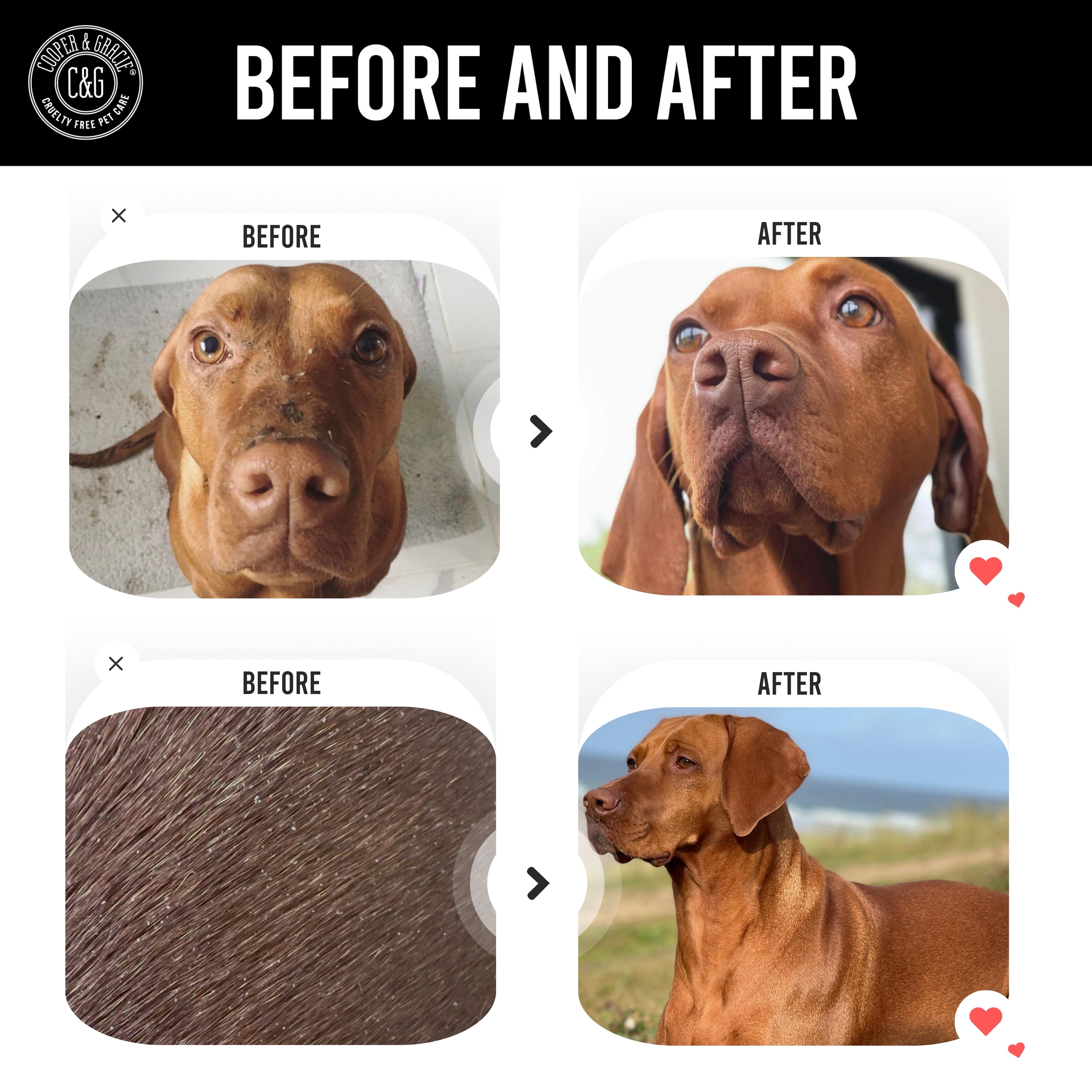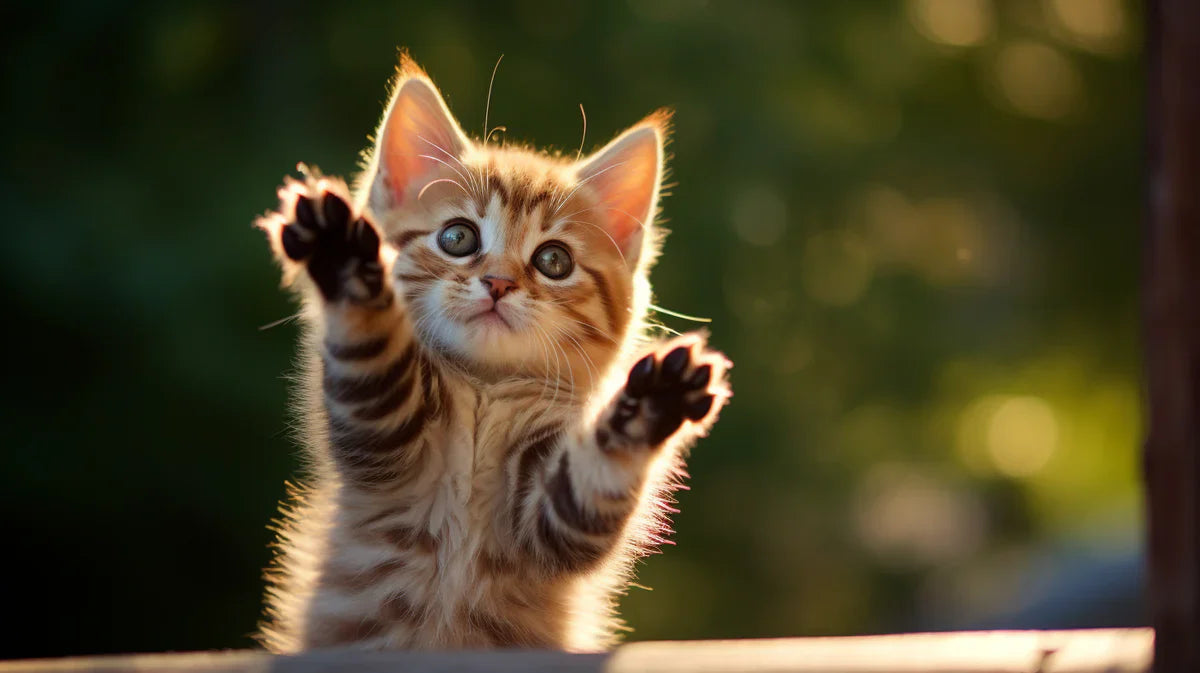Why Does My Cat Touch My Face? Understanding Your Feline's Affectionate Gestures
Introduction
Ever wondered why your furry friend insists on touching your face with its delicate paws or gentle nuzzles? Cats, those mysterious and often misunderstood creatures, have their unique ways of expressing affection and communication. Understanding why your cat touches your face can deepen the bond between you and your pet, offering insights into their complex emotional world.
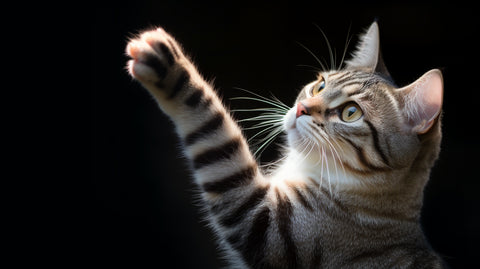
The Bond Between Cats and Humans
Cats have been human companions for thousands of years, forming a bond that's both fascinating and heartwarming. This bond goes beyond mere cohabitation; it's a deep emotional connection that's evolved over centuries. Cats express their affection and trust in various ways, and understanding these gestures is crucial for any cat owner.
Understanding Cat Body Language
To comprehend why your cat touches your face, it's essential to understand their body language. Cats use physical contact as a form of communication, conveying emotions such as love, trust, and even anxiety. Their behaviour, including face touching, is a window into their feelings and thoughts.
Why Cats Touch Your Face
Several reasons explain why cats touch your face. They might be marking you as their territory through scent glands in their cheeks, seeking attention, expressing love and trust, or exploring your face as a sensory experience. Each gesture, whether a gentle paw or a head butt, has a specific meaning in the feline world.
The Science Behind the Behaviour
Cats have scent glands in various parts of their bodies, including their cheeks. When they touch your face, they might be transferring their scent as a way of marking their territory. This behaviour indicates that they consider you part of their family. Additionally, cats perceive their human companions differently than other humans, often forming a unique bond that's expressed through such tactile gestures.
Interpreting Your Cat's Touch
Not all face touches are the same. A soft paw might be a call for attention, while a nuzzle could be a sign of affection. Understanding the nuances of your cat's touch helps you respond appropriately and strengthen your bond.
Responding to Your Cat's Gestures
Recognising and appropriately responding to your cat's gestures is crucial. It's essential to respect their space and autonomy while reciprocating their affection in ways they understand and appreciate, like gentle stroking or soft talking.
The Importance of Human-Cat Communication
Effective communication is the cornerstone of any relationship, including that between humans and cats. Understanding and interpreting your cat's gestures can lead to a more harmonious and fulfilling relationship, ensuring both your needs are met.
Common Misconceptions About Cat Behaviour
There are many myths about cat behaviour, including the misconception that cats are aloof or unaffectionate. Understanding that each cat has its unique personality and ways of expressing affection is vital in debunking these myths.
When Face Touching Might Be a Concern
While face touching by your cat is typically a gesture of affection and bonding, certain changes in this behaviour can be indicative of health concerns that warrant closer attention. It's crucial for cat owners to be observant and responsive to these changes, as cats often communicate discomfort or illness through subtle behavioural shifts.
-
Increased Frequency or Aggressiveness: If your cat begins to touch your face more frequently than usual, or with more force, it could signify discomfort or stress. Aggressive face rubbing, especially if it's a new behaviour, can indicate that your cat is trying to communicate a need or discomfort.
-
Accompanying Symptoms: Be alert to other symptoms accompanying the face touching. These could include loss of appetite, noticeable weight loss or gain, lethargy, changes in grooming habits, or unusual vocalisations. For instance, if your cat is touching your face and then leading you to their water bowl repeatedly, it could be a sign of increased thirst, which is a symptom worth discussing with a vet.
-
Changes in the Nature of Touch: A change from gentle touching to more frantic or anxious rubbing can be a cause for concern. This could be due to various issues, such as dental pain or discomfort in their facial area.
-
Avoidance of Touch in Other Areas: If your cat suddenly doesn't want to be touched in areas they previously enjoyed, such as their back or under the chin, yet persists with face touching, it could be an indicator of pain or sensitivity in those avoided areas.
-
Behavioural Changes Post Face Touching: Observe your cat's behaviour after they touch your face. If they immediately engage in frantic grooming, particularly around the mouth or face, it could suggest discomfort or an issue in that area.
-
Other Health Indicators: A cat in good health typically has a good appetite, is active, has a healthy coat, and engages in regular grooming. Any deviation from these norms, especially in conjunction with altered face-touching habits, should be taken seriously.
If you notice any of these signs or other unusual behaviours in your cat, it's important to consult a veterinarian. Cats are adept at masking pain and discomfort, so early intervention can make a significant difference in addressing any underlying health issues. Regular vet check-ups and keen observation at home are key to ensuring your cat's health and well-being.
Tips for Strengthening Your Bond with Your Cat
Building a strong bond with your cat involves regular interaction, understanding their needs, and respecting their individuality. Spending quality time together, playing, and providing a comfortable environment are key to a happy and healthy relationship.
Cats' Expressions of Affection
Cats are known for their unique and sometimes mysterious ways of expressing affection. While face touching is a significant gesture of love and trust, it's just one of the many behaviours through which cats demonstrate their fondness for their human companions. Understanding these varied expressions can deepen your relationship with your cat and enhance your appreciation of their affectionate nature.
-
Purring: One of the most common and well-loved signs of a cat's affection is purring. Cats purr when they're content, relaxed, and feeling affectionate. A cat purring while in your lap or beside you is expressing its comfort and trust in your presence.
-
Kneading: Cats often 'knead' their owners with their front paws, pressing in and out rhythmically. This behaviour, which starts as a kitten when nursing from their mother, is a sign of contentment and affection in adult cats. When your cat kneads you, it's showing that it feels safe and loved.
-
Bringing Gifts: Cats sometimes bring gifts to their owners, such as toys or, in the case of outdoor cats, prey like birds or small rodents. While this behaviour might be startling, it's a sign of affection and your cat's way of sharing a 'successful hunt' with you, or even taking care of you as they would for a fellow cat.
-
Slow Blinking: Cats express love and trust through their eyes. A cat looking at you and slowly blinking is a sign of affection, often referred to as a 'cat kiss.' You can reciprocate this gesture by slowly blinking back at your cat.
-
Head Butting and Cheek Rubs: Similar to face touching, when cats nuzzle or head-butt you, they are marking you with their scent from glands in their cheeks and head. This behaviour is a significant sign of affection, indicating that your cat is comfortable and happy with you.
-
Following and Lounging Near You: If your cat follows you around the house or chooses to lounge near you, even if not engaging in physical contact, it's a sign of affection. Cats often like to be in the presence of those they are attached to, even if they value their personal space.
-
Licking and Grooming: Cats groom those they feel closely bonded with. If your cat licks or grooms you, it's showing a high level of trust and affection. This behaviour is akin to how cats groom their kittens or how siblings groom each other.
By recognising and understanding these various expressions of affection, you can better interpret your cat's feelings and needs, helping to foster a deeper, more empathetic relationship with your feline friend. Remember, each cat is unique, and the way they express love can vary, so paying attention to these subtle cues is key to understanding and appreciating your cat's individual ways of showing love.
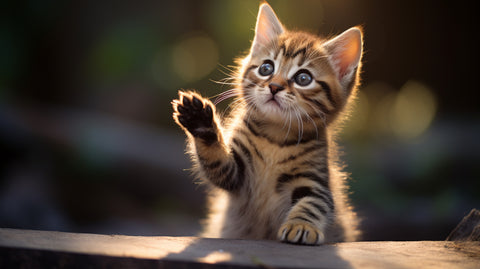
The Role of Touch in Cat Socialisation
Touch plays a crucial role in a cat's socialisation, especially during their kitten years. It affects their development and their interaction with other pets and humans.
FAQs About Cat Behaviour
-
Why does my cat only touch my face in the morning? Cats often touch their owner's face in the morning as a form of greeting or to signal that they want attention or food. The morning, being the time many cats are most active and hungry, leads them to seek out their human companions. This behaviour is also a sign of trust and affection, as mornings are typically the first opportunity after a night's separation for your cat to reconnect with you.
-
Can a cat's face touching be a sign of dominance? Face touching in cats is usually not about dominance but rather about marking territory and showing affection. Cats have scent glands on their cheeks and head. When they rub their face against yours, they are marking you with their scent, claiming you as part of their territory or family. This is more about creating a communal scent than showing dominance.
-
How can I tell if my cat's face touching is a sign of affection or a need for something else? To discern the reason behind your cat's face touching, observe their body language and the context. If your cat exhibits relaxed body language, like purring or a gently swaying tail, and chooses to stay close to you after the gesture, it's likely a sign of affection. However, if face touching is accompanied by more insistent behaviour like meowing loudly, pacing, or leading you towards something (like their food bowl), it could indicate a need or desire for something specific.
-
Is it normal for a cat to prefer face touching over other forms of contact? Yes, it is normal for some cats to prefer face touching. Each cat has its unique preferences for affection and contact. Face touching allows them to exchange scents and express trust and affection in a way that feels safe and comfortable for them. It's also a more controlled form of interaction from the cat's perspective, allowing them to initiate and end the contact as they wish.
-
What should I do if my cat stops touching my face suddenly? If your cat suddenly stops a usual behaviour like face touching, it's important to consider any other changes in their behaviour or environment. Changes in routine, stress, illness, or discomfort can lead to changes in behaviour. Observe your cat for any signs of illness or distress, and consider any recent changes in your home that might affect them. If there are no obvious reasons for the change or if you notice other concerning signs, it may be wise to consult a veterinarian for a check-up. Remember, changes in behaviour are often the first indicators of a health issue in cats.
Enhance Your Cat's Well-being with Cooper and Gracie's Natural Care Products
At Cooper and Gracie, we understand the unique bond you share with your cat and the importance of their health and happiness in your life. That's why we've dedicated ourselves to creating a range of natural, cruelty-free cat care products, meticulously crafted to nurture and enhance the well-being of your beloved feline companion. Whether it's our soothing grooming solutions that make bonding time even more special, or our natural health supplements designed to keep your cat feeling their best, we're here to support every aspect of their care.
We believe that the love you share with your cat deserves the finest, which is why our products are free from harsh chemicals and artificial additives, ensuring the safety and comfort of your furry family member. Our commitment to natural, effective care means you can trust us to provide only the best for your cat.
Experience the difference that comes from nurturing your cat with products that are as gentle as they are effective. Visit our cat collection today and embark on a journey towards a happier, healthier life with your cat. Together, let's celebrate the joy and love they bring into our lives every day.
Related Posts
Why Does My Cat Put His Paw on My Mouth?

